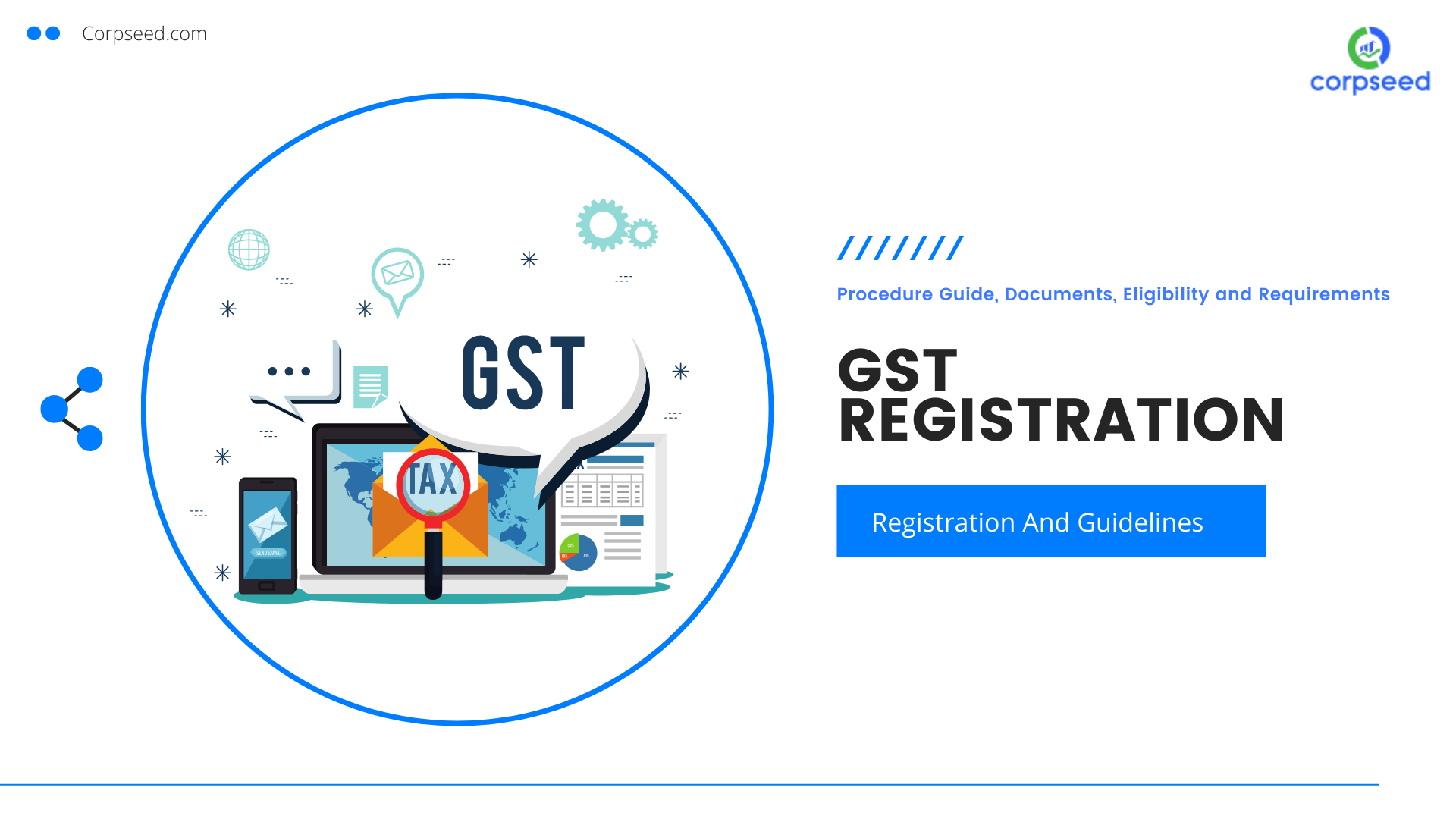Improving Your Singapore GST Registration: An Extensive Approach
Improving Your Singapore GST Registration: An Extensive Approach
Blog Article
Making Best Use Of Tax Performance: Professional Tips on Navigating the GST Enrollment Maze for Small Companies
Navigating the complex landscape of Goods and Provider Tax Obligation (GST) enrollment can be a labyrinthine task for local business intending to maximize their tax efficiency. Comprehending the qualification standards, precise documentation demands, critical timing considerations, and experienced enrollment process tips can significantly impact a company's economic standing. Compliance with GST regulations is paramount, and sticking to ideal techniques can improve operations and stop possible mistakes. In this conversation, we will certainly explore skilled insights and workable guidance that can equip local business to browse the GST registration puzzle successfully and optimize their tax performance.
Eligibility Standards
Qualification demands for Small Service GST Enrollment include certain requirements that companies need to satisfy to conform with tax policies. To qualify for GST enrollment, an organization has to have a yearly turn over surpassing the threshold set by the tax obligation authorities, which differs by nation.
.jpg)
Paperwork Requirements
To efficiently finish the process of GST enrollment, tiny organizations have to ensure they have all necessary documents in order. The needed paperwork typically consists of evidence of organization registration or address, consolidation and identification evidence of business owner, photos, savings account information, and proof of the primary place of organization. Furthermore, companies require to offer information of their company tasks, including the services or items provided. It is vital to guarantee that all files are exact, approximately day, and in the defined format to avoid delays or beings rejected during the enrollment procedure.
Keeping all essential paperwork arranged and conveniently accessible can simplify the enrollment process and assistance companies abide with the needs effectively. Meticulous focus to detail and adherence to the documents guidelines are vital for an effective GST registration procedure for small services.
Timing Factors To Consider
Taking into consideration the necessary documentation demands have actually been carefully resolved, the following important aspect for local business embarking on the GST enrollment process is the strategic administration of timing factors to consider. Timing plays a critical duty in GST registration, influencing not only conformity yet also monetary facets of the service. Local business require to carefully plan the timing of their GST registration to make best use of benefits and reduce prospective threats.

Moreover, services must line up the timing of their GST registration with their operational readiness. Sufficient preparation, such as upgrading audit systems and training team, is necessary to flawlessly incorporate GST demands into daily procedures. By strategically handling timing considerations, small businesses can browse the GST enrollment process successfully and maximize their tax obligation efficiency.
Registration Refine Tips
Successfully navigating the GST enrollment process calls for small businesses to carry out proactive and strategic enrollment procedure suggestions. This consists of organization registration papers, evidence of address, financial institution statements, and recognition evidence of the business owners.
Furthermore, comprehending the thresholds and demands for GST enrollment based upon the specific state or territory where business runs is vital. Some states have various turn over thresholds that set off compulsory enrollment, look at here now so being educated about these thresholds can assist services intend ahead.
Another beneficial suggestion is to think about seeking expert help from accounting professionals or tax professionals who specialize in have a peek here GST registration. Their experience can simplify the procedure, minimize mistakes, and make sure conformity with all guidelines.
Conformity Finest Practices
Small companies have to prioritize conformity to avoid charges and keep a good standing with tax authorities. Small organization proprietors ought to regularly evaluate federal government standards and look for professional suggestions if needed to ensure they are satisfying all needs. By including these compliance best methods right into their procedures, tiny services can navigate the complexities of GST registration with self-confidence and effectiveness.
Verdict
In conclusion, small companies can navigate the GST registration maze by ensuring they meet eligibility requirements, gather required paperwork, think about timing ramifications, comply with registration process pointers, and adhere to compliance finest methods. By making the most of tax efficiency through correct GST registration, organizations can boost their economic administration and operations.
Navigating the detailed landscape of Item and Provider Tax Obligation (GST) registration can be a labyrinthine task for tiny organizations aiming to maximize their tax efficiency.Qualification demands for Small Company GST Registration encompass specific criteria that organizations need to satisfy to comply with tax laws. The called for paperwork normally includes evidence of service registration or consolidation, address and identity proofs of the organization owner, photographs, financial institution account information, and proof Source of the major location of business. Furthermore, companies require to provide information of their business activities, consisting of the services or products supplied.Effectively browsing the GST enrollment procedure calls for small businesses to apply tactical and positive registration process suggestions.
Report this page